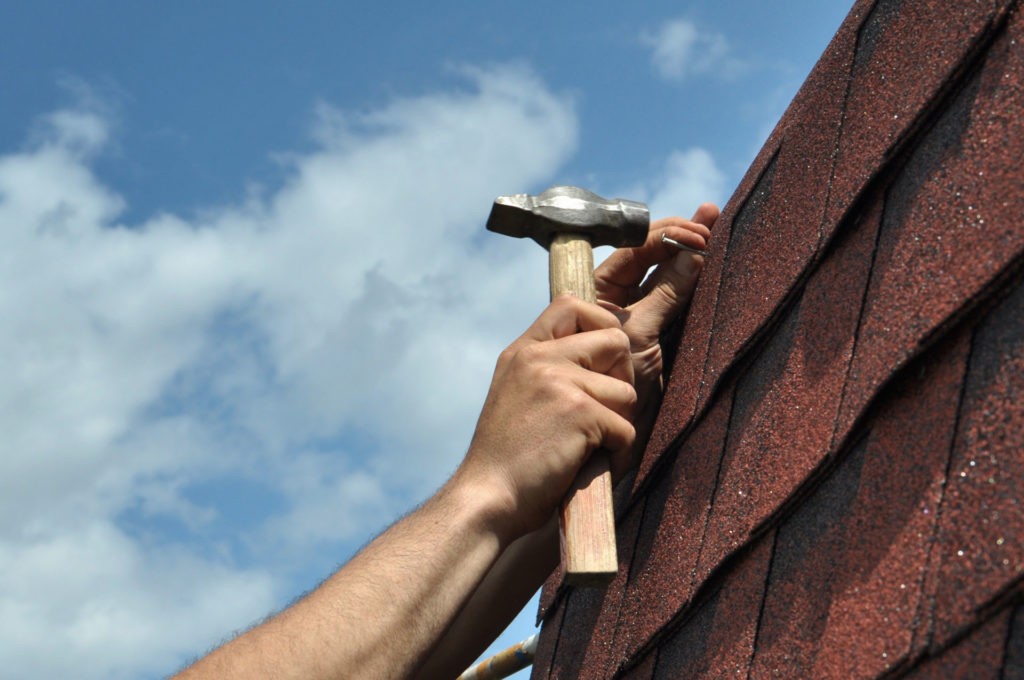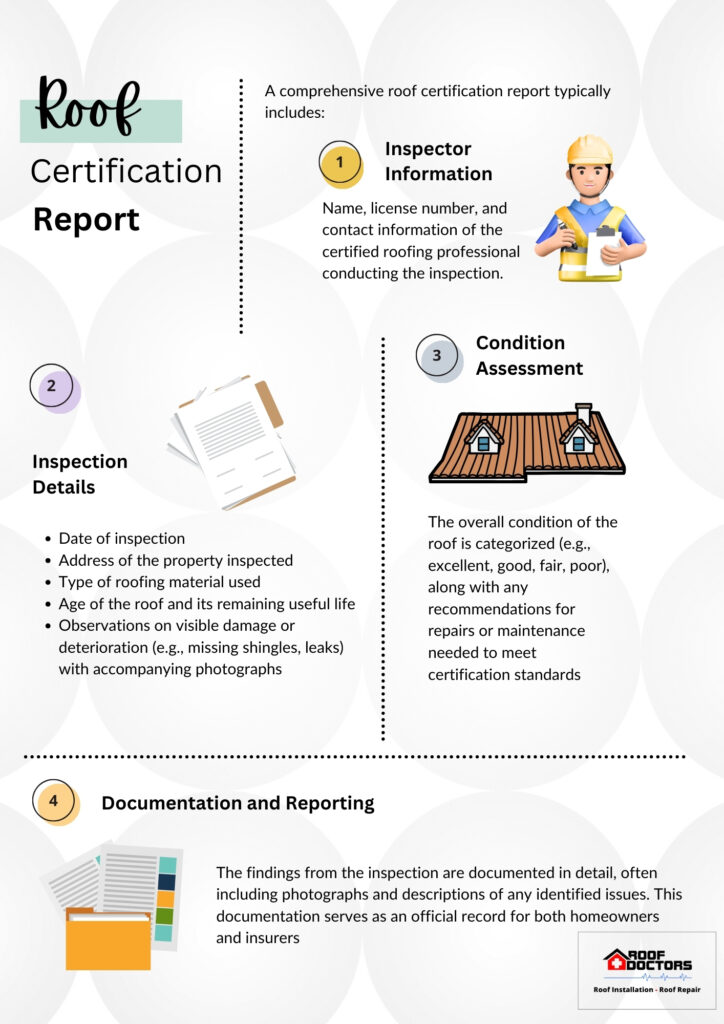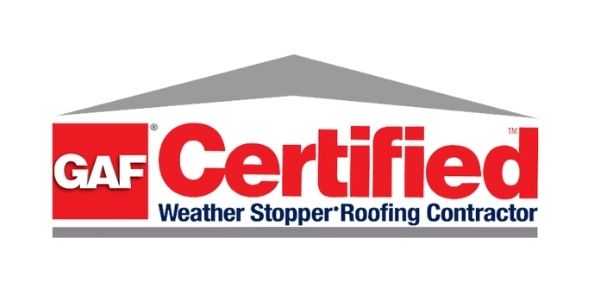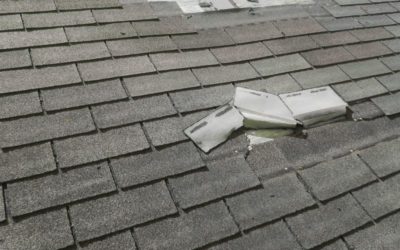Why roof certification matters? A roof certification is a detailed assessment of a roof’s condition, performed by a licensed professional. It provides a clear evaluation of the roof’s health, helping homeowners, buyers, and sellers identify potential issues and plan for necessary repairs. This certification is vital for ensuring the roof’s functionality and longevity, and it plays a key role in property transactions and maintenance.
This article will explain what a roof certification entails, why it is important, and how to interpret a certification report. We will also discuss the best times to get a roof certification, offering practical advice for managing roof-related concerns effectively. Whether you’re involved in buying, selling, or maintaining a property, this guide will help you understand and utilize roof certifications to your advantage.
Understanding Roof Certification
Roof certification is an official statement provided by a licensed roofing professional that offers a detailed evaluation of a roof’s condition and its projected lifespan. This certification encompasses several key elements. First, it includes an assessment of the roof’s current physical state, identifying any issues such as damage or deterioration, and noting any repairs that may be necessary.
Second, it provides an estimate of the roof’s expected remaining lifespan, indicating how many more years it can be anticipated to last under normal usage and environmental conditions. Finally, the certification confirms that the roof meets local building codes and industry standards, ensuring that it adheres to established safety and quality regulations. This comprehensive evaluation helps homeowners, buyers, and insurers understand the roof’s reliability and informs them about any required maintenance or repairs.

Importance of Roof Certification in Property Transactions
When buying or selling a property, the condition of the roof is a crucial element that often gets overlooked. Roof certification, a formal assessment of a roof’s condition by a licensed professional, plays a pivotal role in property transactions. Understanding why roof certification matters can help both buyers and sellers make informed decisions and ensure a smoother transaction process.
1. Ensures Roof Integrity
One of the primary reasons for obtaining roof certification is to ensure the integrity of the roof. Over time, roofs can suffer from wear and tear due to weather conditions, age, and other factors. A roof certification provides a detailed inspection of the roof’s condition, including identifying any issues like leaks, missing shingles, or structural damage. This assessment helps to confirm whether the roof is in good condition or if repairs are needed, which is crucial for both buyers and sellers.
2. Provides Peace of Mind
For buyers, a roof certification provides peace of mind. Purchasing a property is a significant investment, and knowing that the roof has been inspected and certified can alleviate concerns about potential future repairs or replacements. A certification can assure buyers that they are making a sound investment, reducing the likelihood of unexpected repair costs soon after moving in.
3. Enhances Property Value
A certified roof can enhance the value of a property. For sellers, having a roof certification can be a selling point that differentiates their property from others on the market. It can also justify a higher asking price by demonstrating that the roof is in excellent condition and has been professionally evaluated. This added assurance can make a property more attractive to potential buyers.
4. Facilitates Smooth Transactions
Roof certification can facilitate a smoother transaction process. For sellers, it can prevent last-minute issues or disputes during negotiations. If a buyer requests a roof inspection, having a recent certification can streamline the process and reduce the need for additional inspections. For buyers, it can expedite their decision-making process, knowing that the roof’s condition has been professionally assessed.
5. Helps with Insurance and Financing
Insurance companies and lenders often require proof of a roof’s condition before issuing policies or loans. A roof certification can meet these requirements, making it easier for buyers to secure homeowner’s insurance and financing. It provides documentation that the roof is in good shape and meets the standards set by insurers and lenders.
6. Identifies Future Issues
A roof certification can also identify potential future issues that may not be immediately apparent. During the inspection, a professional can detect signs of early wear or conditions that could lead to problems down the line. This foresight allows buyers to plan for future maintenance or repairs, and sellers to address these issues before listing their property.
7. Builds Trust Between Parties
In any property transaction, trust between the buyer and seller is essential. A roof certification can build trust by providing a transparent and unbiased evaluation of the roof’s condition. It demonstrates that both parties are committed to a fair and honest transaction, which can foster a positive negotiating environment.
By addressing the roof’s condition up front, roof certification helps to avoid potential disputes, meets insurance and financing requirements, and identifies future maintenance needs. Ultimately, investing in a roof certification can make a significant difference in the success and satisfaction of a property transaction.
What to Look for in a Roof Certification Report
A roof certification report is a crucial document that assesses the condition of a roof and confirms its functionality. When reviewing this report, it’s important to understand several key components to make informed decisions about a property.

1. Overview of the Inspection
The report should start with a summary of the inspection findings, offering a general view of the roof’s current state. It should also specify the scope of the inspection, indicating whether it was a visual assessment or included more in-depth methods like moisture detection or structural analysis.
2. Roof Condition
The report must detail the overall condition of the roof, including its age, type of materials, and any observed wear or damage. It should also evaluate the structural integrity of the roof, checking for issues like sagging or damage to rafters and supports.
3. Identified Issues
The report should clearly identify any current or potential leaks and water damage, including areas where water intrusion has occurred or might occur. Additionally, it should point out any punctures, tears, or holes in the roofing material, as well as the condition of roof flashing and sealants around chimneys, vents, and skylights.
4. Recommendations and Repairs
The report should list any immediate repairs needed to address significant issues, such as fixing leaks or structural damage. It should also provide recommendations for regular maintenance or minor repairs to extend the roof’s lifespan and, if available, include estimated costs for these repairs.
5. Certification Validity
The report should specify the duration for which the certification is valid, typically one or two years, depending on the roof’s condition and materials. It should also include information about the certification provider, such as their name, contact details, and qualifications.
6. Photographic Evidence
The report should include photographs of identified issues, damage, or areas of concern, providing visual evidence that supports the findings. Overall photos of the roof from different angles can also help in understanding its general condition.
7. Compliance with Standards
The report should indicate that the inspection and certification comply with industry standards and local building codes, adding credibility to the assessment. It should also confirm that the roof’s condition and maintenance adhere to the manufacturer’s guidelines, if applicable, to ensure warranty purposes.
By thoroughly reviewing the report and understanding its components, you can make well-informed decisions about buying or selling a property. Look for a comprehensive overview of the inspection, detailed condition assessments, identified issues, and clear recommendations. Ensure the certification is from a reputable provider and complies with industry standards to ensure the reliability and accuracy of the report.
When to Get a Roof Certification
A roof certification provides an assessment of your roof’s condition and is important in several situations. Knowing when to get one can help you make informed decisions and address potential issues.

1. Before Buying a Property
Get a roof certification to ensure the roof is in good condition before purchasing a home. It can reveal potential issues and serve as a negotiating tool, preventing unexpected repair costs.
2. Before Selling a Property
Obtain a roof certification to enhance your home’s appeal to buyers. It demonstrates that the roof has been professionally inspected and can help you sell your home faster and possibly at a higher price.
3. After Severe Weather Events
Following severe weather, such as storms or high winds, get a roof certification to identify any hidden damage. This helps address repairs promptly and prevents further issues.
4. When Renewing Home Insurance
Insurance companies may require proof of a roof’s condition before issuing or renewing a policy. A roof certification can meet this requirement and ensure you maintain adequate coverage.
5. Before Applying for a Mortgage
Lenders might require a roof certification as part of the mortgage approval process. It confirms the roof meets their standards and helps smooth the application process.
6. During Regular Home Maintenance
Consider a roof certification as part of regular maintenance, especially if the roof is nearing the end of its lifespan. This helps identify and address minor issues before they become major problems.
7. When Planning Major Renovations
Get a roof certification before starting major renovations to ensure the roof can support the new work. This prevents complications and ensures the roof remains in good condition during the project.
8. When Concerned About Roof Performance
If you notice issues like leaks or damaged shingles, a roof certification can provide a detailed evaluation. It helps determine the extent of problems and guides necessary repairs or maintenance.
Getting a roof certification in these scenarios can offer valuable insights and help manage roof-related concerns effectively.
Final Thoughts
A roof certification is an expert evaluation of a roof’s condition that provides essential insights into its health and functionality. It is important for identifying potential issues, ensuring effective management of repairs, and facilitating smooth property transactions.
This article outlines what a roof certification is, the key elements to look for in a certification report, and the optimal times to obtain one. It offers practical advice for homeowners, buyers, and sellers to make informed decisions and maintain the roof’s integrity throughout property dealings and regular maintenance.


